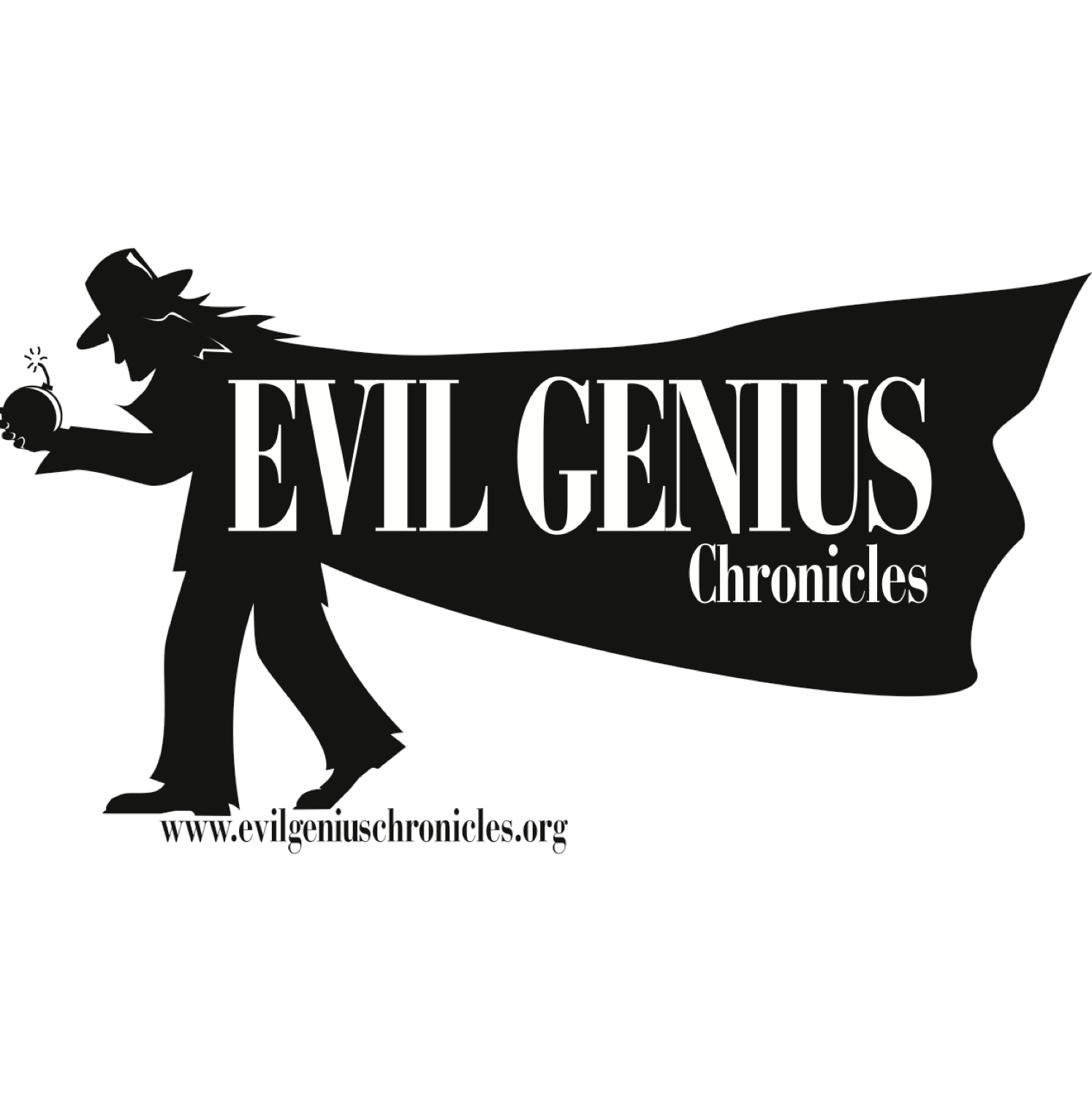RIAA, the Consistent Counterexample
I hope all the other trade organizations are taking their lessons from the RIAA in how not to treat customers. Here's a passel of links I've been saving up to blogl
If you need evidence that the RIAA has become an anti-brand, how about the fact that Pepsi is running ads featuring kids sued by the RIAA. This is for their cross-promotion with Apple's iTunes where Pepsi is giving away free iTunes downloads. When your trade organization is commonly known to be so scumbaggy and rapacious that the multinational corporations run ads during the Superbowl to show they aren't as bad as you, you have fucked up.
Joi Ito writes about the racial sterotyping used by the RIAA, namely that Hispanics need special treatment because "Today hes Jose Rodriguez, tomorrow hes Raul something or other, and tomorrow after that hes something else. " Wow, high ranking leaders of this group actually believe this.
Here's an interview with Richard James AKA Aphex Twin, which includes his conflicted take on the issue.
Despite the rushed release of Drukqs and the reasons behind that, he thinks "having music for free is a good thing, because I don't think music should be a commodity. I've changed my opinion to and fro over the years, but I really do think there shouldn't be any copyright on art.
"But the thing is, some kid somewhere might be really poor and think, 'If I make the best music in the world, I can get some money and buy a house and some equipment', which is what I thought. So that is a good motivation, as well. You would lose that."
The Aphex Twin label Warp Records is using a download service without DRM or copy protection, and they explain why in their FAQ.
Secondly, Bleep music has no DRM or copy protection built in. We believe that most people like to be treated as customers and not potential criminals - DRM is easily circumvented and just puts obstacles in the way of enjoying music. Apple has even privately stated that they decided to use a weak form of DRM solely to get major labels onboard.
Finally, buying music through Bleep means that you are supporting the artists work, and in some cases you are getting mp3’s encoded by the artists themselves. After the bandwidth charges and Bleep running costs are subtracted, the artist gets half of the album or track price.
That ratio is I think the same as Maganatune pays their artists. I played around with the Bleep store and thought it was the most amazing, easy to use digital music setup yet. The preview of the music directly from the webpage is highly cool. I like to see labels that choose to spend their cash figuring out how to monetize the download phenomenon, rather than lining lawyer's pockets by suing their customers.
